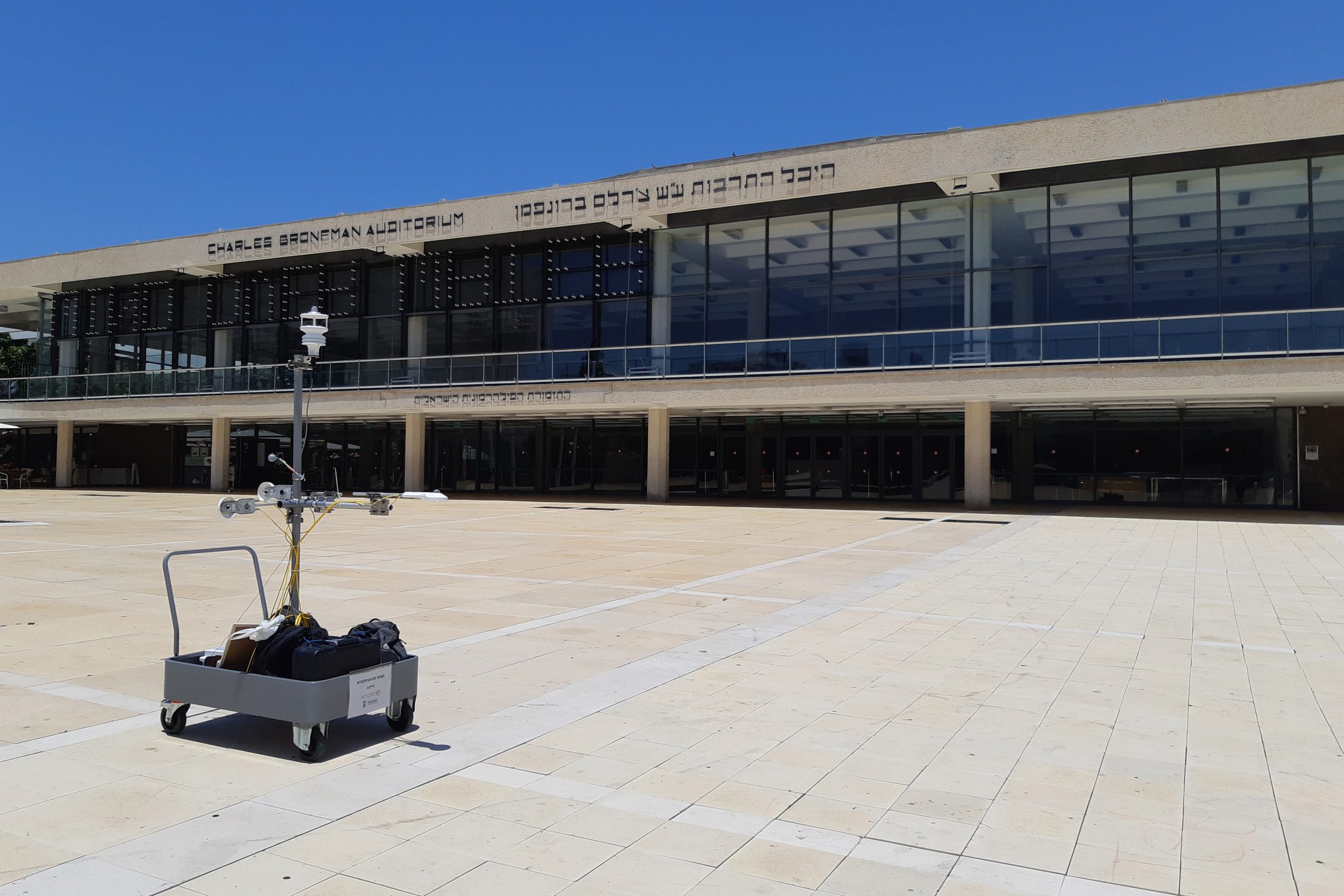2019-2023
Funding agency: Israel Science Foundation
Research leader: David Pearlmutter
Researchers: Or Aleksandrowicz, Michelle Clark Levenson, Tanya Saroglou, Morel Weisthal, Wolfgang Mutsafi-Heller
Research assistants: Tzur Blank, Yaakov Florentin, Yosef Mor
The primary aim of this research project was to address a significant gap in our ability to map pedestrian thermal stress in cities. This gap involves the modelling of urban microclimate at a scale which is relevant for human thermal comfort, on the one hand, and the need for continuous spatial analysis by urban planners, on the other. The existing conflict between high-resolution scientific analysis and broad spatial coverage is essential to confront if we are to successfully apply scientific data and understanding in urban planning processes. The approach we attempted to adopt in this project was to create a single computational data analysis platform that will enable planning professionals to evaluate heat stress of pedestrians relatively easily in streets and open urban spaces. While developing this platform, we acknowledged the need to significantly reduce calculation complexity without compromising the qualitative insights that can be derived from them about outdoor heat stress. Additionally, we attempted to make the analysis results more accessible to planners and designers by focusing on generating easy-to-read, high-resolution maps that can be effectively used for spatial analysis without the need to have a solid understanding of complex microclimatic phenomena.

